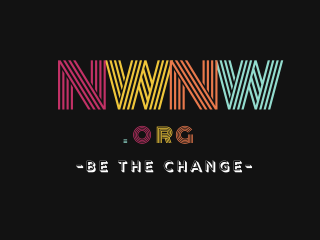What Changes are Happening?
In 2024, Civic Life will change the District Coalition Office (DCO) model to move from 7 to 4 service areas which will all be supported by nonprofit-run district offices. Neighborhoods and neighborhood associations (NA) will continue to have representation at the City and receive support from Civic Life’s Neighborhood Outreach & Support District Engagement Coordinators in this new model. We are aligning the DCO boundaries with the adopted Independent District Commission map to ensure DCOs serve roughly equal populations with shared characteristics and interests.
Under this new model, DCOs will receive support from Civic Life’s Neighborhood Outreach & Support District Engagement Coordinators and funding will be distributed equitably by population between the 4 offices to allow similar levels of staffing and services provided. This will increase DCOs’ ability to advocate for the people in their area, coordinate with City liaisons to navigate policy and code, and ensure Portland’s new city councilors can efficiently work with the offices to engage with their constituents.
Civic Life will work with the existing nonprofit DCOs to serve the new districts for the immediate future, with plans to begin an RFP process for long-term service in 2026 as the City continues to carry out the government transition. The new model will take effect on July 1, 2024.
No changes to have been made to Civic Life’s work yet. To ensure the smoothest possible transition, we are currently making plans about the future of our work. Civic Life will hold public meetings in early 2024 to earn input on this plan from community.
Upcoming Meeting:
Tuesday, Feb. 20, 6-8 p.m. – Portland Building, 1120 SW 5th Ave. or on Zoom
Why Make This Change?
In 2023, the Independent District Commission adopted a map that created new voting districts which cross current neighborhood boundaries. In the current DCO model, some DCOs would need to advocate for community issues in multiple voting districts.
Example: Kerns neighborhood is served by the DCO Southeast Uplift. Most of Kerns is in district 3, with small areas in districts 2 and 4. If SEUL organized about land use, they would potentially need to engage 9 city councilors across 3 districts.
The new model will ensure Portlanders can work with their DCO to engage with the city councilors serving their district and make it clear who neighbors should reach out to for support.
Civic Life will work with neighborhoods in 2 or more voting districts to decide how they want to receive NA support (i.e., form a new NA, join an existing NA, etc.). Regardless of how they choose to proceed, neighborhoods and NAs will continue to be represented at the City and receive support from Civic Life.
What is a District Coalition Office?
A District Coalition Office (DCO) is an organization that provides support to neighborhood associations and community groups within a geographic area. DCOs strengthen neighborhood advocacy, serve as a direct connection to the City government, and support activities through fiscal sponsorship, administrative services, and organizational support. Each office is assigned neighborhoods based on their district boundary. Civic Life currently supports 7 DCOs.
